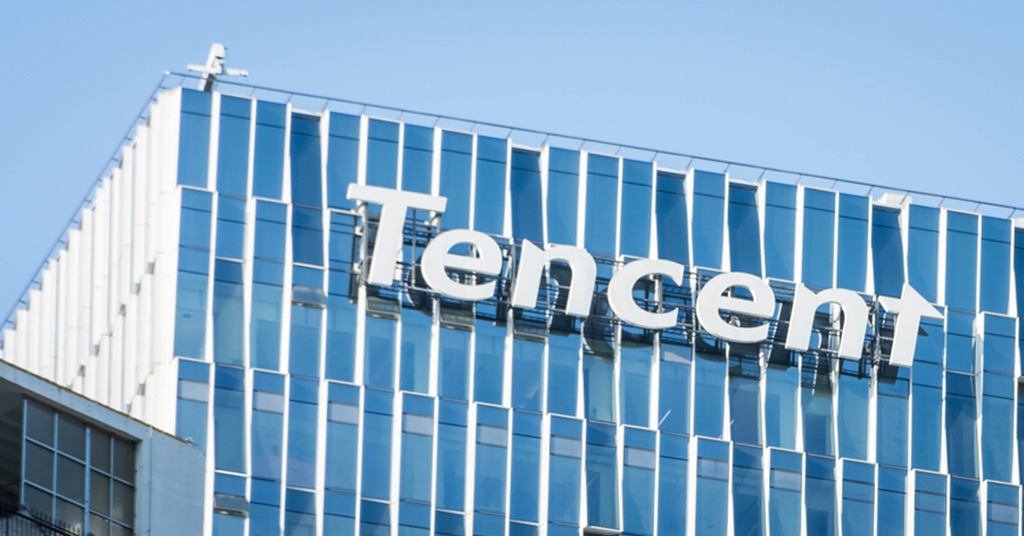Today, on November 11, Tencent celebrates its 23d anniversary

Tencent and its fintech ecosystem. Source: shutterstock.com
Nowadays Tencent is one of China’s largest and most used Internet service portals, which provides value-added internet, mobile/telecom services, and online advertising. Tencent is famous for its products and platforms that are considered to be leading ones all over China, such as QQ (Instant Messenger), QQ.com, QQ Games, Qzone, 3g.QQ.com, SoSo, PaiPai, and Tenpay. Thus, Tencent has covered almost all the consumer’s needs, and there are information sharing, entertainment, e-commerce, and communication we are talking about. This was the thing that helped the company bring together the most extensive Internet community in China.
A brief history
The company was launched in November 1998. Initially, there were five founders, and Ma Huateng (also known as Pony Ma), was the leader of the group. Huateng visited the USA in the mid-1990s and was amazed by high-speed internet and ICQ instant messaging service. Pony Ma decided to implement something similar but in Chinese.
The company launched its first product in early 1999, and it was called OICQ. The instant messaging service became very popular in China, but Tencent couldn’t monetize it (in order to have incomes). Moreover, ICQ’s parent company AOL (at that time) asked Tencent to change the name of their platform, since it was rather similar to that of the original ICQ.
Re-branding sometimes could mess-up a business, but the company succeeded. Ma Huateng found investors, which brought more than $2.2M of capital for his company. OICQ was renamed, and the new name was QQ (something like “cute” in Chinese). The messenger had no less than 50M users by 2001.
The founder created a new business model, which implied premium accounts, and even more. The original messenger remained free, but a user could apply some upgrades, and of course, these features cost some money. Therefore, the virtual (kind of “in-game”) currency QQ Coins was launched. The most exciting thing about it was the fact that this currency became so popular, that it was even used as the major means of payment for real products in some parts of Greytrade (informal market).
The company is also known for QQ Games, Qzone, SoSo, PaiPai, Tenpay, and of course Weixin, better known as WeChat.
Tenpay
Tenpay is an integrated payment platform created by Tencent. The company had some issues with payment processing, so it created its own platform for its clients (more than 1.1B QQ users). The payment platform has evolved into one of the biggest in China. Tenpay cooperates with airline firms, logistics/insurance companies, games, B2C businesses, and many other entities from different areas, and always ready to offer a secure online payment solution.
Tencent uses its main payment helpers Tenpay, WeChat Pay, and QQ Wallet to carry out most of its financial operations.
WeChat Pay

WeChat Pay was launched in 2013, and it was an embedded WeChat digital wallet, which can be used in order to perform online payments or send money between contacts. In other words, it is a WeChat payment option.
Key Tencent merchants: JD; Didi Chuxing; Meituan Dianping; Watsons; 7-Eleven; eLong; and no less than 800K offline merchants (as of early 2018).
Hank Seng Bank and Tencent
In late 2018, Hang Seng Bank and Tencent claimed that they had established a strategic partnership. The major issue was FinTech and its practical use.
Hank Seng Bank and Tencent are still discussing different points and technical details of FinTech applications, and account-opening procedure aspects. Moreover, these two firms are considering providing retail payment services. They plan to use their latest innovations to offer clients handy digital service solutions, which can give a boost to the development of FinTech in the country. The two parts decided to “join forces” and combine their strengths. Hang Seng Bank has a large service network in Hong Kong, while Tencent has the latest technologies to solve all technical issues related to their strategic partnership, such as:

HKSTP and Tencent
In early 2019, Tencent signed a memorandum of understanding with the Hong Kong Science and Technology Park (HKSTP). Speeding up the deployment of financial technology in Hong Kong was the main issue of the memorandum. According to statistics, one in every seven tenants in НKSТР already operates in the FinTech space.
Tencent would offer its technologies and knowledge in every issue somehow related to payment systems, e-wallets, data integrity, the blосkсhаin, AI, and IoT. The Hong Kong Science and Technology Park would play the role of an incubator for new projects of Tencent.
SEE ALSO:









